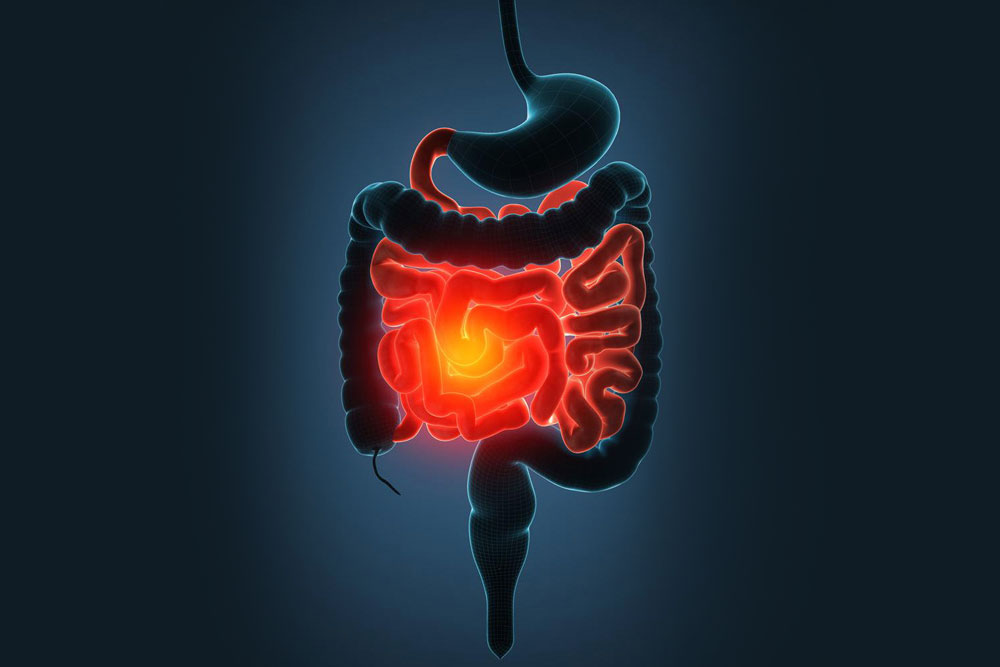Identifying the Six Major Signs of Leaky Gut Syndrome and How to Address Them
Leaky gut syndrome often presents with symptoms like skin inflammation, thyroid issues, food sensitivities, digestive problems, mental health challenges, and nutritional deficiencies. Recognizing these signs early and seeking professional guidance can help manage and treat gut health issues effectively. A comprehensive approach including dietary changes, probiotics, and lifestyle adjustments can promote healing and improve overall health, preventing further complications related to increased intestinal permeability.

Comprehensive Insights into the Six Primary Indicators of Leaky Gut
Leaky gut syndrome, medically known as increased intestinal permeability, has become an increasingly recognized condition impacting overall health. This syndrome occurs when the lining of the intestines, equipped with tight junctions that regulate what passes into the bloodstream, becomes compromised. As a result, harmful substances such as toxins, bacteria, and undigested food particles can leak into the circulatory system, potentially triggering widespread inflammation and health issues. Understanding the signs of leaky gut is crucial for early detection and effective management.
In recent years, research and anecdotal evidence have highlighted multiple symptoms associated with leaky gut. Recognizing these signs can help individuals seek professional diagnosis and adopt appropriate lifestyle and dietary changes. Here, we explore the six most common indicators, their implications, and the best approaches to address them.
1. Skin Conditions and Inflammation – Skin problems like acne, eczema, rosacea, and psoriasis often serve as outward manifestations of internal imbalances caused by gut health issues. When gut permeability increases, systemic inflammation can manifest on the skin. Many dermatologists and holistic health practitioners note the gut-skin axis, emphasizing that improving gut function can significantly alleviate skin conditions. Diet modifications, probiotics, and anti-inflammatory supplements are often recommended to support skin health.
2. Thyroid Dysfunction – Conditions like Hashimoto’s thyroiditis, an autoimmune disorder affecting the thyroid gland, have been linked to increased gut permeability. When the gut lining is compromised, immune responses can become dysregulated, leading to thyroid hormone imbalances. Symptoms may include fatigue, weight gain, cold intolerance, hair thinning, and mood disturbances. Supporting gut health through diet, probiotics, and reducing inflammatory foods can improve thyroid function.
3. Food Sensitivities and Cravings – An increasingly permeable intestinal barrier allows food particles, especially proteins like gluten and dairy, to enter the bloodstream unprocessed, triggering immune reactions. This process can cause food sensitivities that manifest as bloating, stomach discomfort, rashes, or fatigue. Moreover, the disruption of normal gut flora may lead to cravings for sugar and refined carbohydrates, creating a cycle that worsens gut health.
4. Digestive Problems and Bowel Irregularities – Chronic inflammation in the gut can impair normal digestive processes, leading to symptoms like irritable bowel syndrome (IBS), characterized by alternating diarrhea, constipation, bloating, and abdominal pain. Inflamed intestinal walls hinder nutrient absorption, exacerbate digestive discomfort, and can lead to nutritional deficiencies if left untreated. Addressing leaky gut often involves dietary adjustments, such as reducing processed foods and increasing fiber intake, alongside probiotic therapy.
5. Mental Health and Cognitive Challenges – The gut-brain axis, a complex communication network, suggests that gut health directly influences mental well-being. Increased intestinal permeability can disturb the balance of neurotransmitters and promote chemical imbalances that contribute to depression, anxiety, irritability, and mood swings. Incorporating gut-healing foods, probiotics, and stress-reduction techniques can support mental health recovery.
6. Nutritional Deficiencies – When the intestinal lining is damaged, the absorption of essential nutrients like vitamins, minerals, and amino acids is compromised. This can result in deficiencies that manifest as fatigue, weakened immunity, skin issues, and poor wound healing. Supplementation, along with a diet rich in nutrient-dense foods, can help replenish deficiencies and restore overall health.
Understanding these six key signs is essential for early intervention. If you notice a combination or frequent occurrence of these symptoms, consulting a healthcare professional specializing in gut health is vital. Proper diagnosis may involve stool tests, blood work, and assessment of diet and lifestyle. A tailored treatment approach typically includes nutritional support, lifestyle modifications, and supplements aimed at healing the gut lining, reducing inflammation, and restoring balance to the microbiome.
Awareness and proactive management of leaky gut can significantly improve quality of life, resolve persistent health issues, and prevent the development of chronic diseases linked to gut dysfunction. Maintaining a balanced diet, managing stress, avoiding processed foods, and incorporating targeted supplements are foundational steps toward reinforcing gut integrity and achieving overall well-being.





